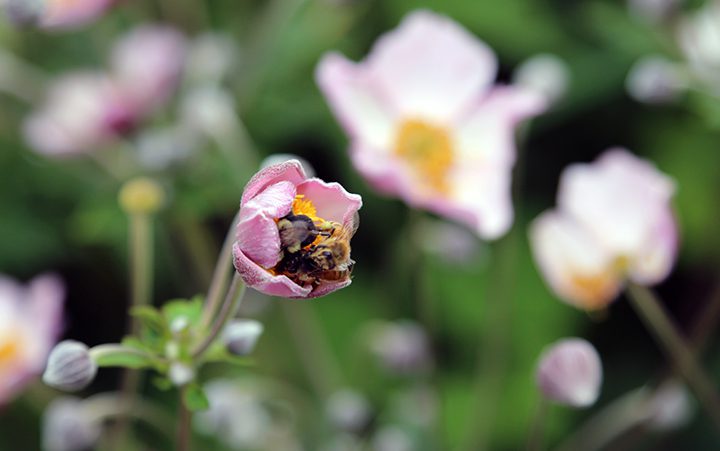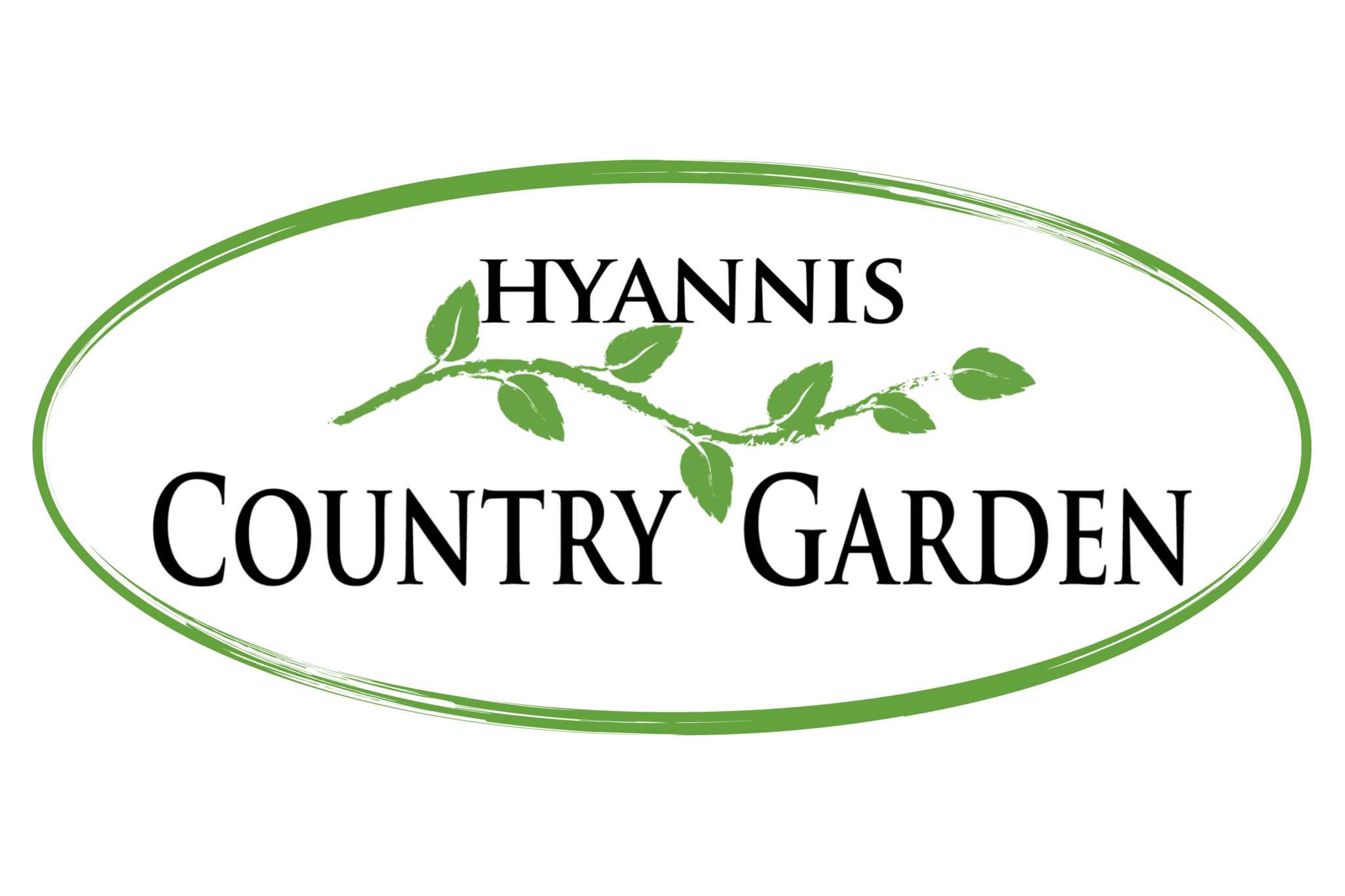Cape Cod Pollinators
Cape Cod Pollinators
We’ve all seen reports on television, or read in the newspaper, that the bees and other pollinators are in trouble. Some people have responded to this news by expressing concern. “That’s too bad…” or “How terrible!” Some have made it a point to look into what action they personally can take to improve the situation, while others shrug and think, “So what? This isn’t important to me.”
Pollinators are important for everyone on the Cape. If we support local businesses, we will want Cape cranberry and blueberry growers to have their crops pollinated. Local vegetable growers, including every home gardener, needs pollinators, and native plants that sustain wildlife such as birds often depend on insects and other pollinators to produce fruit and other seeds. But beyond those direct links from pollinators to people, we also need to remember the first law of ecology: Everything is connected to everything else.
We most often think of bees when we’re considering how to help pollinators, but moths, flies, wasps, beetles, and some bats and birds. But the practices we use in the garden for bee protection will also encourage the others as well.
So what can an individual home landscaper do to support bees and other pollinating insects? Here are some simple things that everyone can do:
- Plant a diverse selection of plants. Look for plants that come into flower throughout the year, so that there is always something in bloom in your landscape. This makes your yards and gardens more colorful for you, and will help to provide long-lasting nectar sources for pollinators. Be sure to include some native plants along with the “imported” varieties. Come into the nursery and perennial section to talk with our staff about great native plants for Cape Cod.
- Avoid treating large areas with pesticides. Treat problems as they occur, using the least-toxic products only where needed. If you aren’t sure how to respond to a problem or possible problem, come into the store to talk to us (bring samples and pictures!) or contact the Cape Cod Cooperative Extension for a diagnosis and treatment recommendations.
- If possible, leave part of your land wild. A strip of “weeds” along the side or back of your property can provide shelter for over-wintering pollinators.
- Come into the store to talk to us about bee-friendly products to use instead of neonicotinoids and other products that may be part of the problem. Come into the store to talk with Nannette about treating problems common to this area without neonicotinoids.
- Join the Million Pollinator Challenge!


4 Comments
Leave a Comment
Subscribe To Our Newsletter
Sign up for our weekly email about sales and events.

thank you, Hyannis Country Garden, for going all out to encourage & protect our bees and other pollinators!
THANK YOU! Kudos for dropping the neonicotinoids. I hope you are also demanding that your distributors not treat their stock with neonicotinoids as well. I was horrified when I realized that I could be introducing toxic plants into my organic landscape, simply because nursery plants were treated by the growers! More companies and gardeners need to step up and do the right thing; thanks for leading the way. Awareness is Step One.
I would very much to help the bee’s!
Please suggest the best way to do this. I want them to survive-big time!!
Is there such a thing as a ‘bee house’, besides flowers for them???
Thank you!!
Joanne,
So glad you’re on board for the bees! Since there are so many types of bees that need supporting, there isn’t a “bee house” that is good for them all. But there are many general and specific things you can do. First of all, visit this website: https://www.nrdc.org/stories/8-ways-attract-bees-and-butterflies?gclid=EAIaIQobChMIzOeps4vP2gIVhozICh2YmA5uEAAYASAAEgLh_PD_BwE
Secondly, try to include plants on this list in your yard and garden: https://www.lincolnlandbeekeepers.com/uploads/1/0/6/4/10649295/north_american_nectar_and_honey_sources.pdf
Stay in touch!